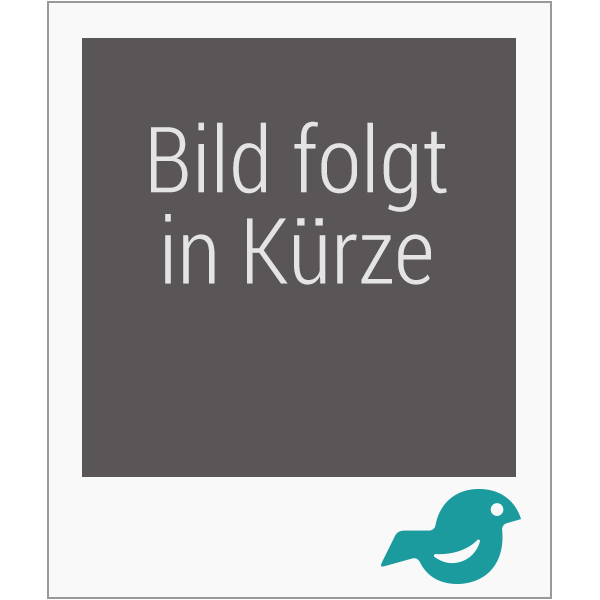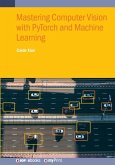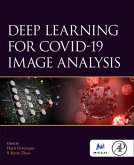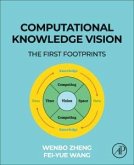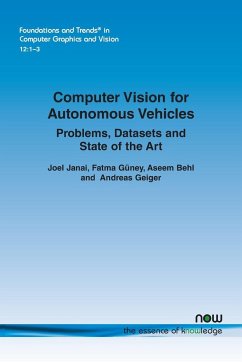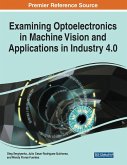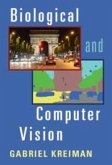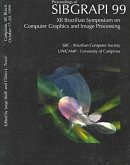Unlock the true potential of GPU acceleration in image processing and computer vision with this comprehensive guide. Designed for researchers, practitioners, and advanced students, this book delves deep into cutting-edge algorithms optimized using pyCUDA, offering unparalleled performance improvements for real-world applications. Key Features: * In-Depth Exploration of Advanced Algorithms: Each chapter provides a meticulous analysis of specific, state-of-the-art algorithms, pushing the boundaries of current knowledge and exploring uncharted territories in the field. * Optimization with pyCUDA: Learn how to harness the massive parallelism of CUDA-enabled GPUs using pyCUDA, transforming computational workflows for real-time processing. * Innovative Methodologies: Discover original theoretical frameworks, novel methodologies, and interdisciplinary perspectives that challenge the status quo and inspire new horizons. * Practical Implementation Details: Gain insights into optimizing memory management, thread synchronization, and kernel configurations to maximize computational efficiency. Sample Topics Covered: * Optimized Convolutional Filtering Techniques: Implement convolutional filters like Gaussian and Laplacian kernels using pyCUDA, achieving real-time performance even on high-resolution images through optimized memory access and data transfer strategies. * Adaptive Edge Detection with Dynamic Thresholding: Explore novel adaptive edge detection algorithms employing dynamic thresholding mechanisms that adjust in real-time based on local image statistics, enhancing accuracy in varying illumination and noise conditions. * Advanced Image Segmentation with Graph-Based Methods: Model images as weighted graphs and implement parallel algorithms for graph construction and label propagation, utilizing spectral clustering and community detection techniques optimized for GPU architectures. * Accelerated Histogram Equalization and Contrast Enhancement: Learn to compute histograms and cumulative distribution functions in parallel, implementing adaptive methods like Contrast Limited Adaptive Histogram Equalization (CLAHE) for efficient image enhancement. * Feature Detection and Description with SURF and SIFT Algorithms: Master the implementation of Speeded-Up Robust Features (SURF) and Scale-Invariant Feature Transform (SIFT) on GPUs, optimizing integral image computations and descriptor matching for real-time applications. * Advanced Optical Flow Estimation: Dive into optical flow computation using Lucas-Kanade and Horn-Schunck methods, optimized for GPUs to handle large displacements and occlusions with real-time performance. * Stereo Vision and Depth Map Estimation: Implement depth estimation techniques using block matching and semi-global matching methods, optimizing cost aggregation and handling of occlusions for high-resolution stereo images. * Wavelet Transformations for Multi-Resolution Processing: Utilize discrete wavelet transforms for tasks like denoising and compression, implementing both 1D and 2D transformations efficiently on GPUs. * Real-Time Object Recognition with HOG Features: Accelerate object recognition using Histogram of Oriented Gradients (HOG) descriptors, optimizing gradient histograms and detection strategies for applications like pedestrian and vehicle recognition. * Image Registration Techniques Using Mutual Information: Apply multi-modal image registration using mutual information metrics, optimizing joint histogram estimation and transformation handling for applications in medical imaging and panorama stitching.
Bitte wählen Sie Ihr Anliegen aus.
Rechnungen
Retourenschein anfordern
Bestellstatus
Storno

